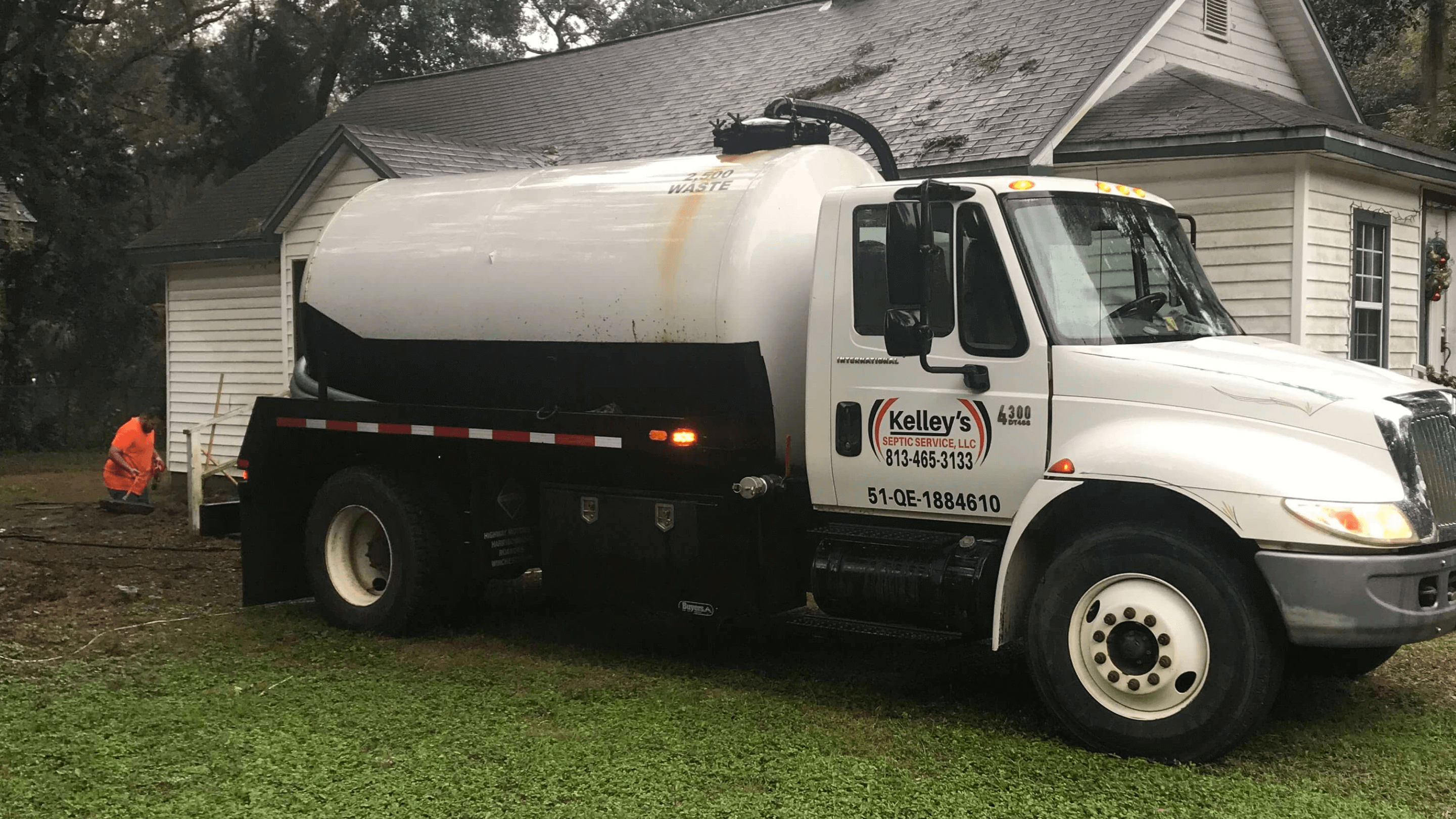SEPTIC TANK PUMPING
A Quick Guide to Septic Tanks and Septic Systems

Is your Central Florida home among the ten percent of homes that have a septic system installed in their property? If you live in a rural area or if your sewer bills read $0, then you likely have a septic system installed. Though septic systems save you from having to pay recurring sewer bills to the municipality that manages your wastewater, you are responsible for its maintenance. Luckily, maintaining your septic system can be less expensive than the alternative. Possibly the most important maintenance requirement is a septic tank pumping. With us, you have professionals with years of experience on your side. Give us a call today to receive a free quote!
How Often Will I Need Septic Tank Pumping?
This is a fair question but is unfortunately difficult to give a definitive answer to. The answer is that it depends. Septic tanks are essentially underground containers that house bacteria and microbes which break down solid waste. Over time, the septic tank fills with liquid effluent, sludge, and scum which must be removed via a septic tank pumping. As you can guess, the rate at which these tanks fill up depends on your usage.
If you are a household of two members that is at the office or school for most of your time, then you will need less frequent septic tank pumping than a family of five that loves to stay home. The Environmental Protection Agency suggests that household septic tanks are pumped every three to five years, but alternative systems with electrical float switches, pumps, or mechanical components should be inspected more often, about once per year.
We recommend that homeowners avoid risking damage to their septic system. It is always better safe than sorry, especially considering that a septic tank malfunction can cost you thousands in land restoration costs.
Can I Do the Septic Tank Pumping on My Own?
If you are considering performing your septic tank pumping on your own, then you have decided that the stink is going to be bearable for you. While the smell is bad, it is the least of your worries. In order to pump your septic tank, you will need a vacuum pump as well as a tank truck to safely transport the waste and you will need a place to dump the waste. This will be a lot of work and will require a significant investment. Because you will need a septic tank pumping once per year, it is probably more cost-effective to hire us.
Why Hire Kelley’s Septic Service?
We make septic tank pumping is easier, more affordable, and faster than doing it yourself. Our team is available 24/7/365, we are able to dispatch a tank truck to your location with very little notice.
With Kelley’s Septic Service, you will pay the price that you are quoted for your wastewater treatment system pumping nothing more, nothing less. We vow to never charge surprise fees for additional labor. All of our workmanship and parts are guaranteed, and we provide emergency services so that you are never alone. Our team works hard to make sure you feel we are on your side and we look forward to taking your call.
REQUEST A FREE ESTIMATE
GET IN TOUCH WITH US!
If you have any questions, comments or concerns please feel free to contact us any time. We are available 24/7/365 and dedicated to taking care of all of our customer needs. If you send us an email or leave us a voicemail, we will respond to that email or voicemail as quickly as possible.
We would also love to hear about your experience with us! Please feel free to give us feedback!
OUR MAIN OFFICE
4106 Gall Blvd
Zephyrhills, FL 33542
CALL US
(813) 782-6822
